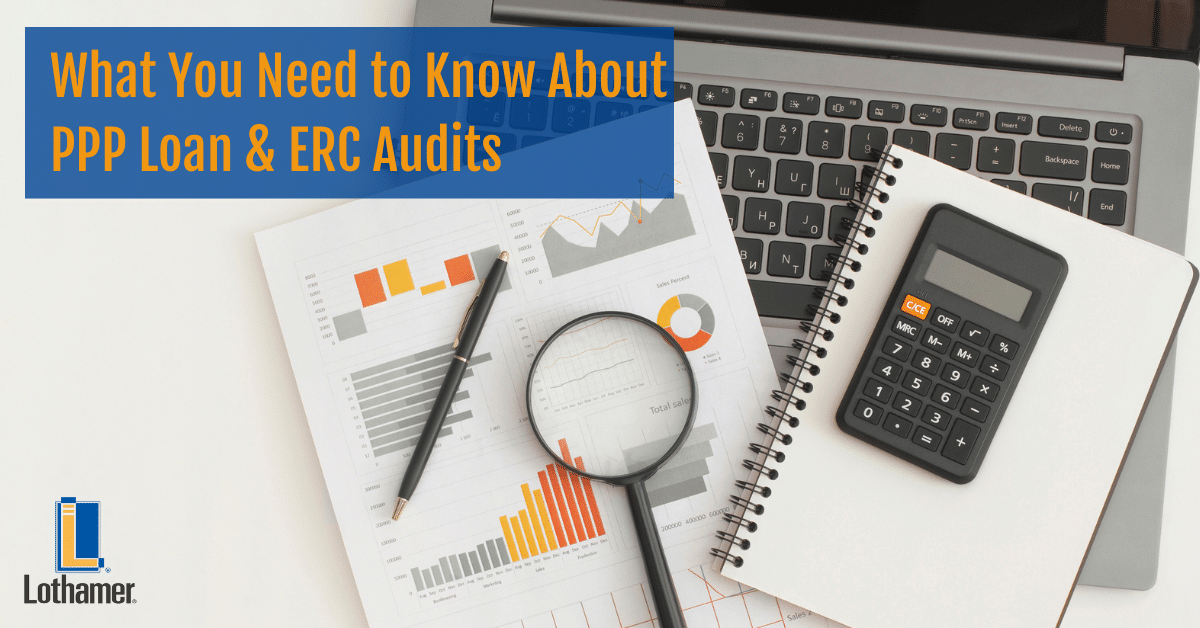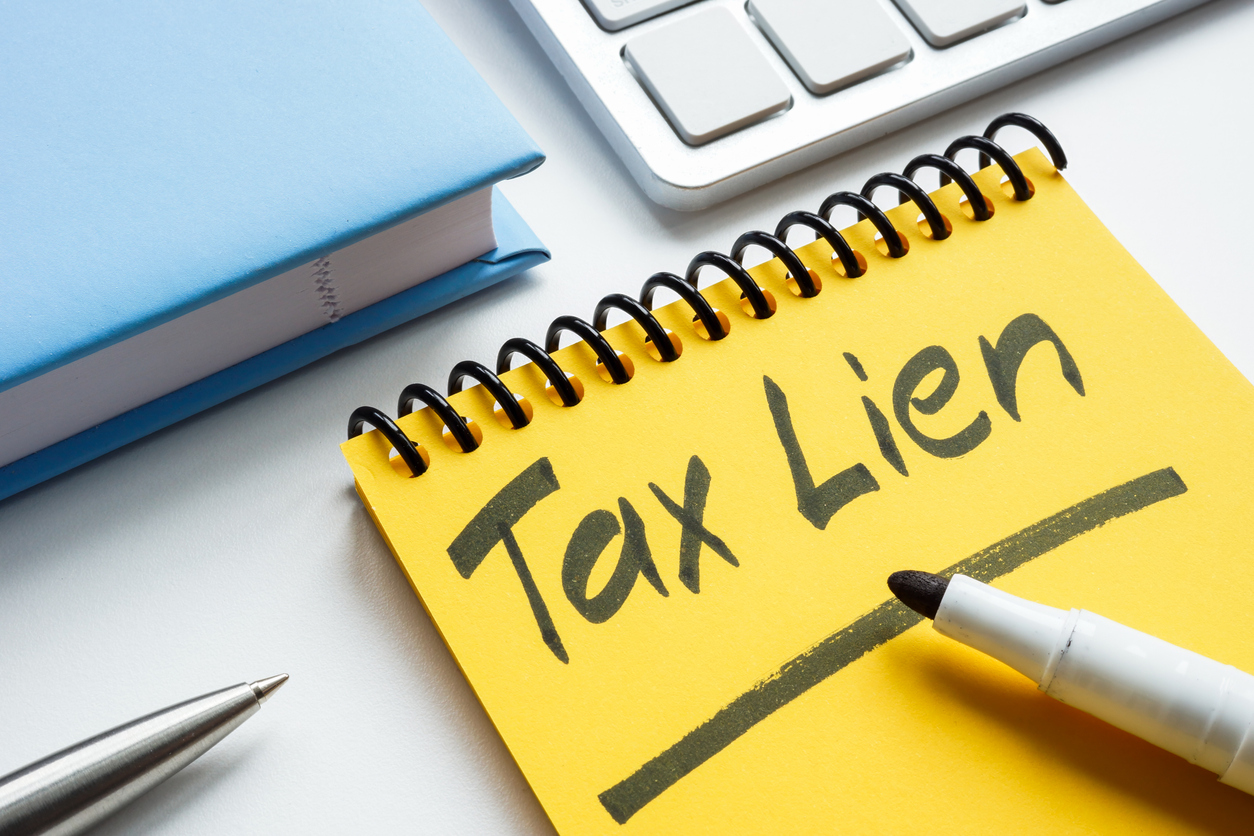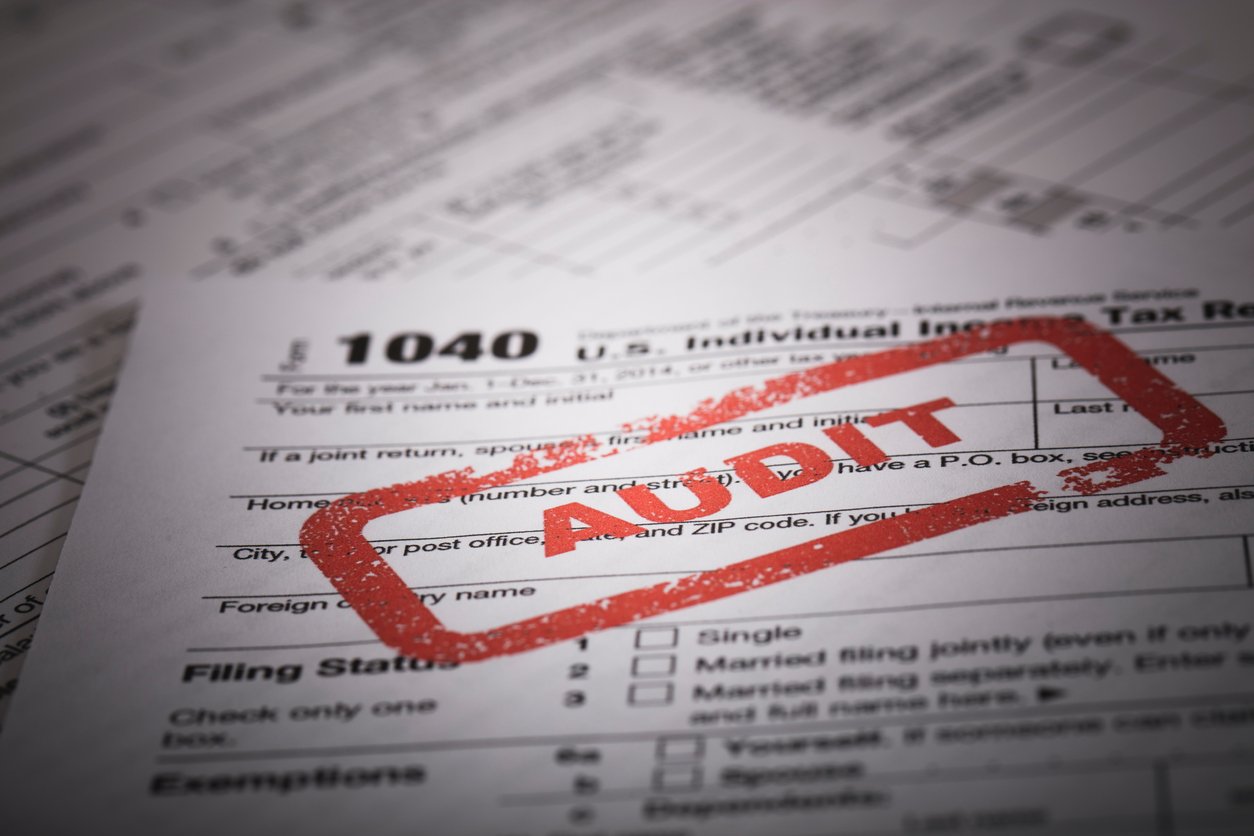
In 2020, the CARES Act gave businesses two valuable lifelines to make it through the coronavirus pandemic: the Employee Retention Credit (ERC) and Paycheck Protection Program (PPP) loans. Unfortunately, while these programs helped many companies continue business operations in difficult times, they were also rife with scams. Now, more IRS audits are on the horizon for many business owners.
Because so many ERC refunds and PPP loans turned out to be fraudulent, the IRS is aggressively targeting businesses that received them. Even if your company used these programs correctly, there is still a chance that you could find yourself being audited.
If you took advantage of these programs between 2020 and 2023, it’s best to take proactive measures to protect yourself and your business. Read on to learn more, and if you receive an Information Document Request (IDR) from the IRS, contact Lothamer’s experienced enrolled agents and IRS audit attorneys at (977) 955-9020!
What to Know About ERC Audits
Will ERC Claims Be Audited?
The IRS is getting serious about ERC audits, especially for large claims. First, they announced a moratorium on processing new claims in September 2023—months before the program was set to end. As they work through the backlog, they will be doing so with increased scrutiny, thanks to the proliferation of ERC “scammers.”
The IRS will not audit every single business who claimed an ERC credit. However, there are red flags that may trigger an audit, including:
- Incomplete or incorrect information on Form 941
- Inconsistent information on amended payroll returns
- Excessive credits
- Prior history of IRS non-compliance
- Returns filed by a known ERC mill
- Insufficient proof that your business experienced a significant decline in gross receipts
Statute of Limitations
The IRS can conduct audits on most ERC claims within a three-year timeframe. However, when it comes to payroll returns containing ERCs filed for the last two quarters of 2021, the IRS has an extended five-year window for audits. There is no specific deadline for auditing returns in cases involving fraud.
IRS Warnings About ERC Fraud
When the ERC came into effect, many unscrupulous “ERC Mills” began to appear in the business landscape. These third-party processing companies advised unsuspecting business owners to apply for the credits without doing their due diligence to ensure that the refund amount was correct or that they qualified at all.
Plenty of business owners were misled into thinking they met the eligibility requirements, received funds they didn’t qualify for, and are now facing increased scrutiny in the form of IRS audits. Speak to a tax professional about withdrawing your ERC claim or preparing for an ERC audit if you worked with a company who:
- Has a short business history (not open before 2020)
- Does not offer any other services besides ERC filing
- Filed your claim without requiring extensive documentation
- Did not sign your amended tax returns
- Contacted you initially or used pressuring tactics to convince you to apply
What to Do if You Claimed the ERC or Have Been Selected for an Audit
Gather your documentation, get organized, and review your ERC filing with a trustworthy tax professional as soon as possible. It’s best to reevaluate your eligibility to make sure you met the requirements and that your credit was properly calculated. You should have all the documentation you need to substantiate your claim, and if there are any deficiencies, a tax professional can help you understand how best to address them.
Losing control of an ERC audit can create significant financial burdens for taxpayers who can’t satisfy the IRS’s requests for information. That’s why working with an Enrolled Agent—a federally authorized tax professional—is crucial. Don’t risk your future; arm yourself against devastating losses with Lothamer Tax Resolution.
What to Know About PPP Loan Audits
Does the IRS Audit PPP Loans?
The Small Business Administration (SBA) began granting PPP loans to help small businesses of 500 employees or fewer make it through the pandemic. Of course, this process, too, became a magnet for fraudulent activity. As such, the SBA and IRS are both increasing their attention on those who received these loans—specifically those who were awarded loan forgiveness.
Typically, the SBA has been responsible for PPP loan audits. But now, the IRS, too, is targeting businesses who may have fraudulently received loan forgiveness. That’s because loan forgiveness granted on the basis of misrepresentations or omissions is included in taxable income.
How Long Will PPP Loans Be Investigated?
Even if the SBA has already forgiven your loan, they still have a six-year audit window from the time of forgiveness if the loan was over $150,000. And it isn’t just the SBA. The IRS is also examining the tax filings of PPP loan recipients to ensure that they “factually satisfy the conditions for a qualifying forgiveness.”
What to Do If You Are Facing an IRS PPP Loan Audit or Expect One
Just as with the ERC, it’s best to be proactive and prepared if your business received any PPP loan forgiveness amount. If you have already received notice of a PPP audit—especially a field audit—it’s crucial to let a tax professional take control of the situation.
What the IRS Will Look at in a PPP Audit
If you have been selected for an audit, you will receive an Information Document Request that may include:
- Financial statements
- Income tax returns
- Payroll records
- Bank statements
- Invoices
- Additional information that supports your claims
Contact Lothamer to Review Your PPP or ERC Claims Before It’s Too Late
Because the amounts awarded in PPP forgiveness and ERC credits are so high, the penalties if you do not pass an audit can be crippling. If you participated in either of these programs and have any doubts about your eligibility or the company who helped you prepare the documents, call Lothamer before an audit is triggered. We’re here to help you face the IRS with confidence!
Lothamer Tax Resolution: Your Trusted IRS Audit Attorneys, CPAs, & Enrolled Agents
Since 1978, Lothamer Tax Resolution has provided expert tax audit representation to individuals and businesses throughout the Midwest. We’re ready to take immediate steps on your behalf, taking over all communications with the IRS and keeping the scope of your audit as narrow as possible. We speak their language so you don’t have to worry about missteps. Call or text us at (977) 955-9020 now for same-day tax help!
"*" indicates required fields




